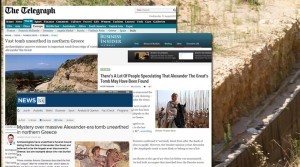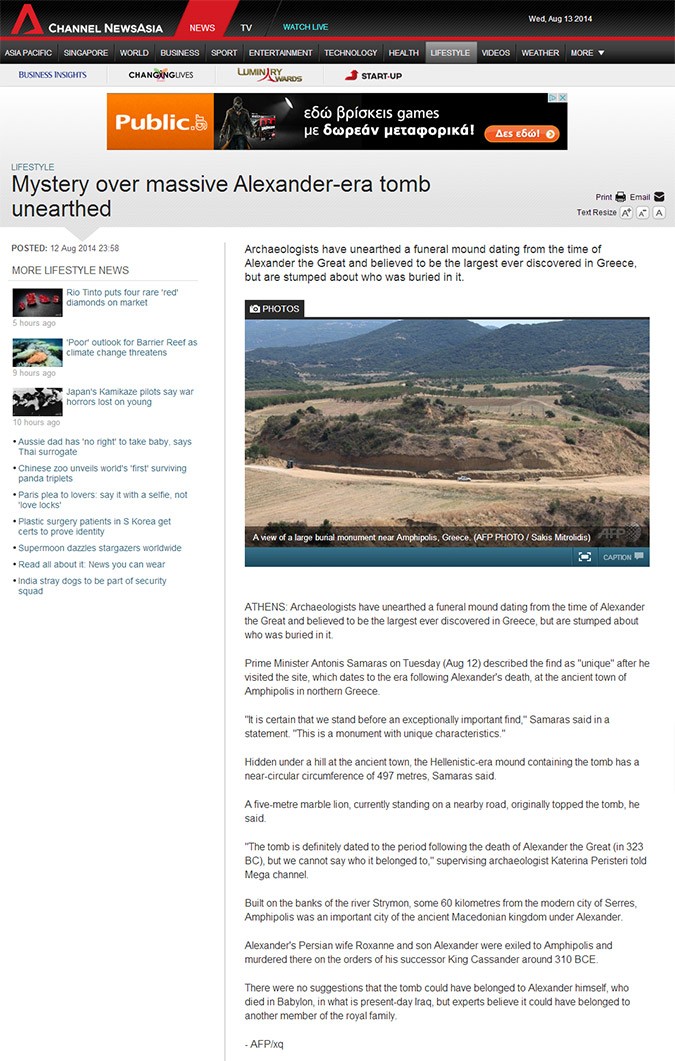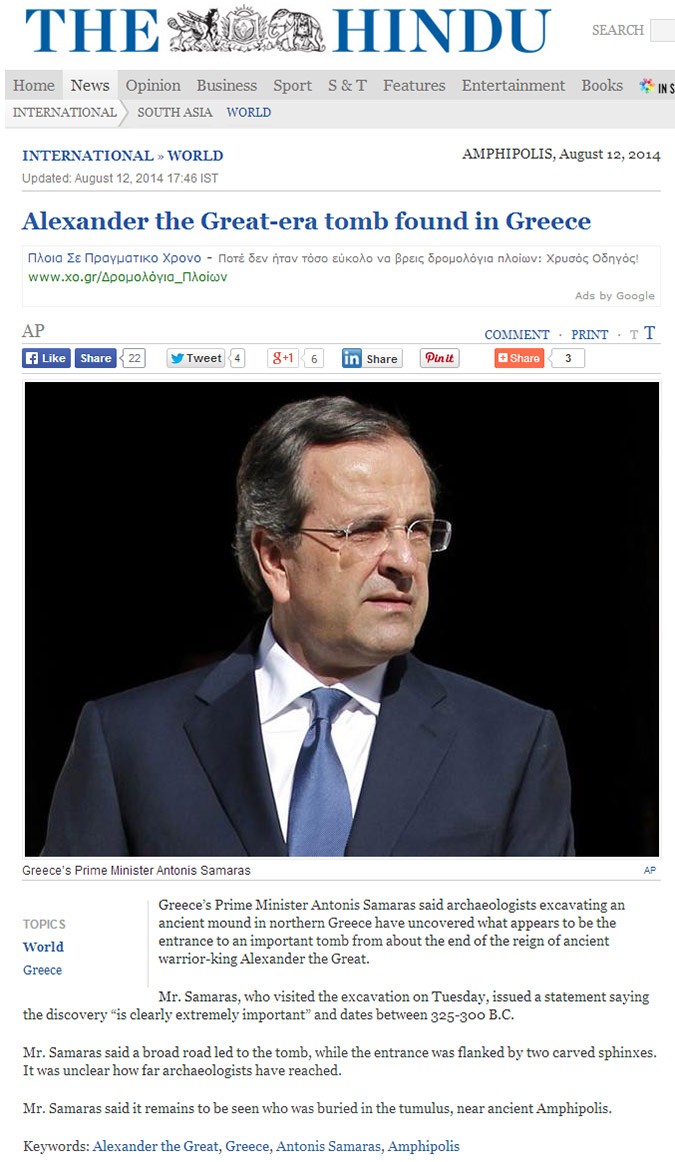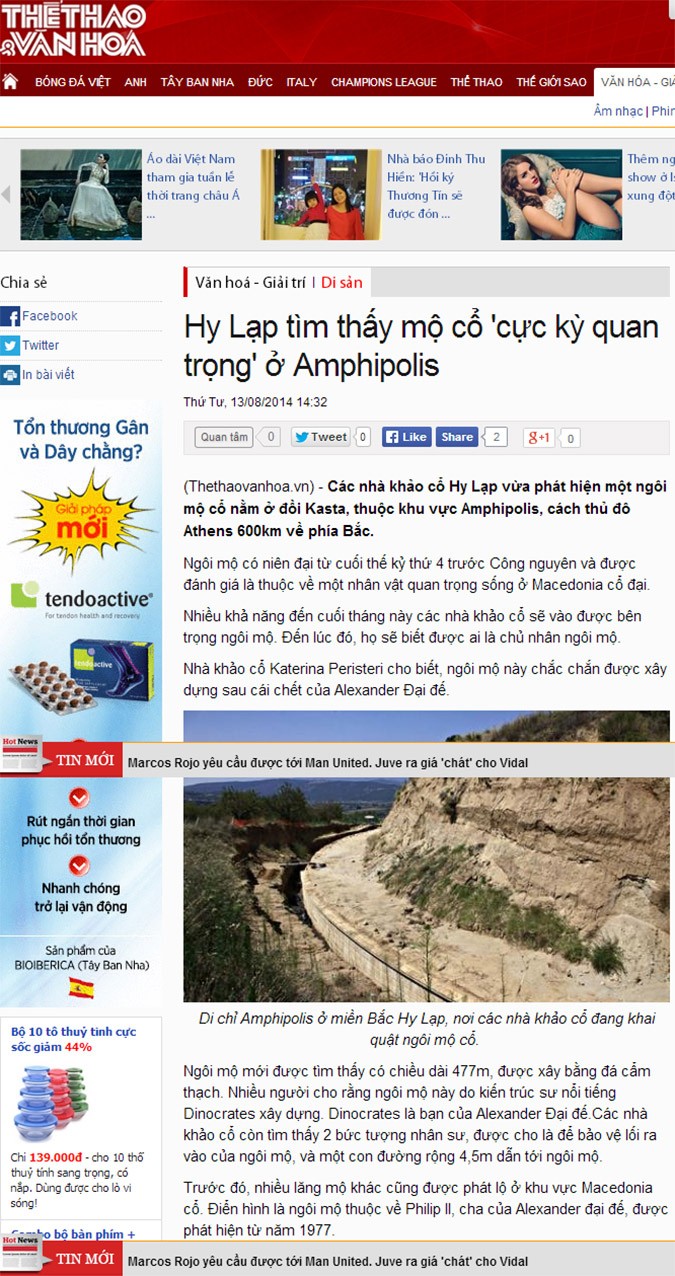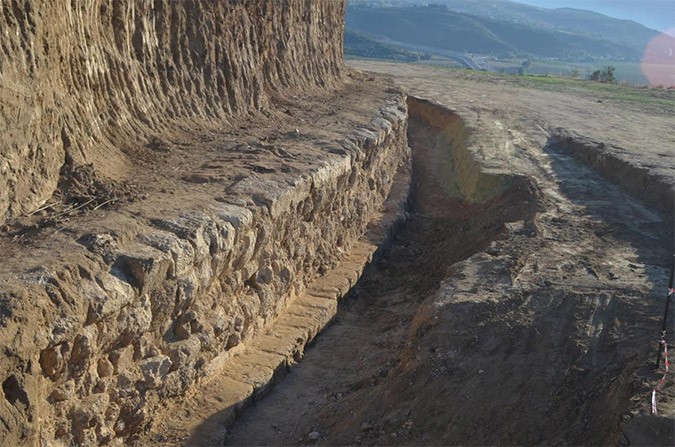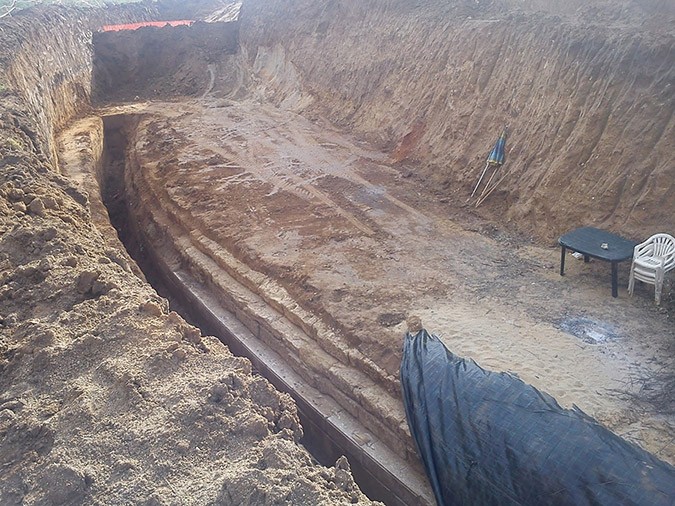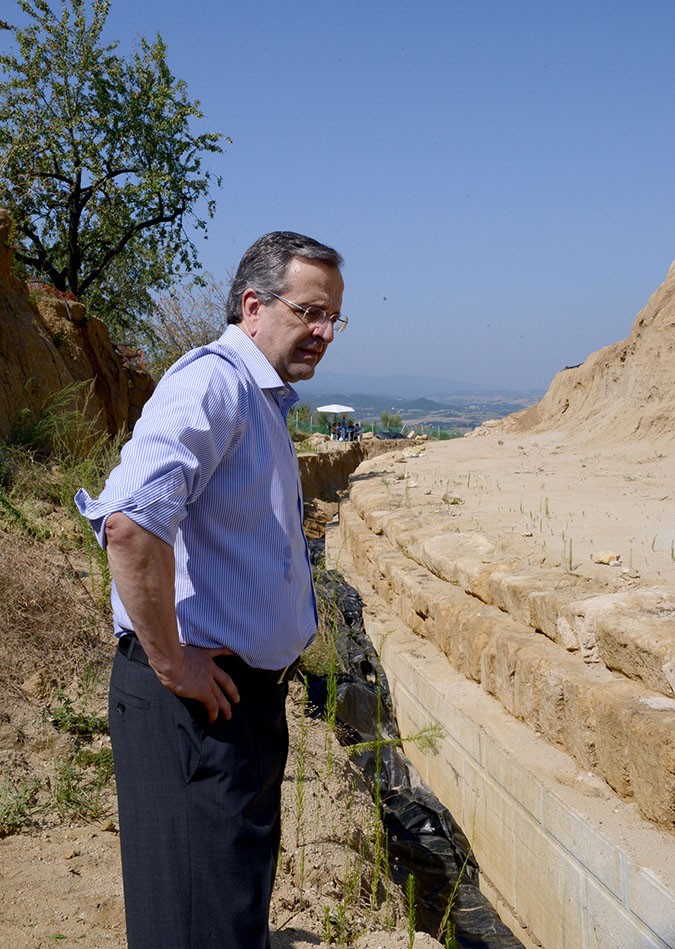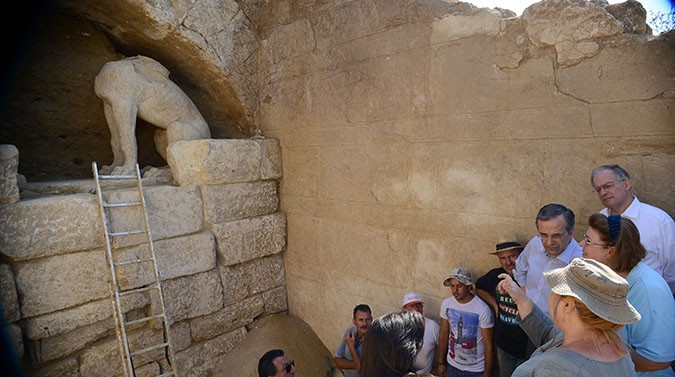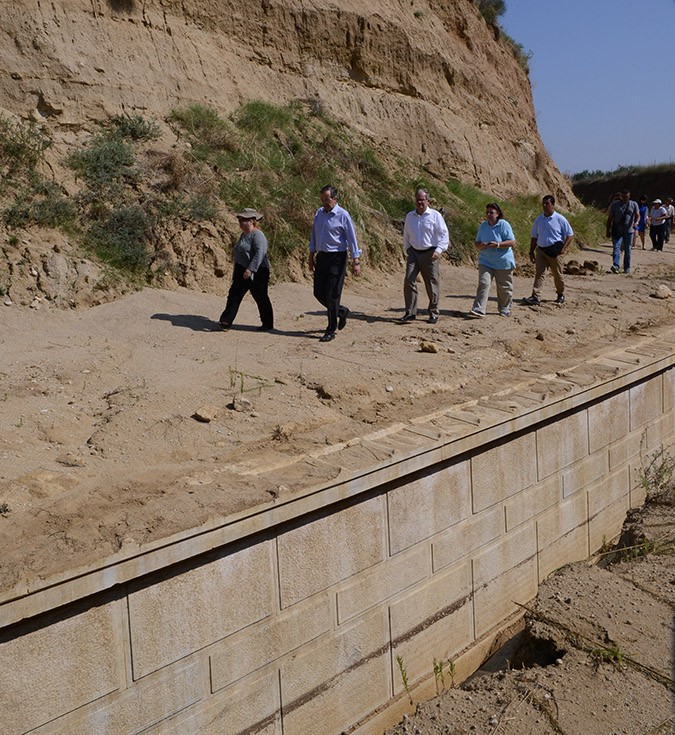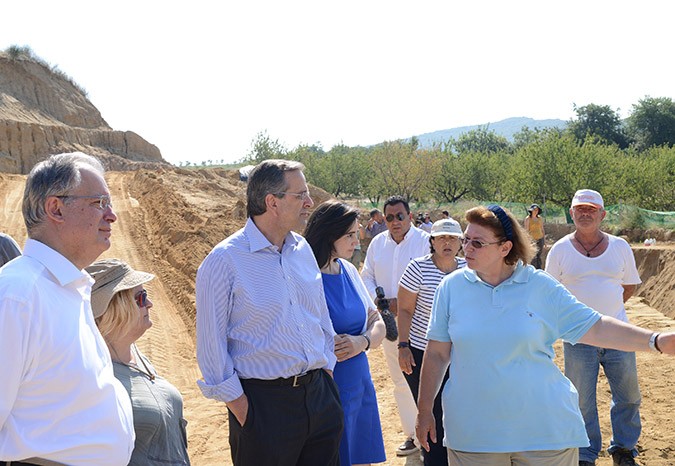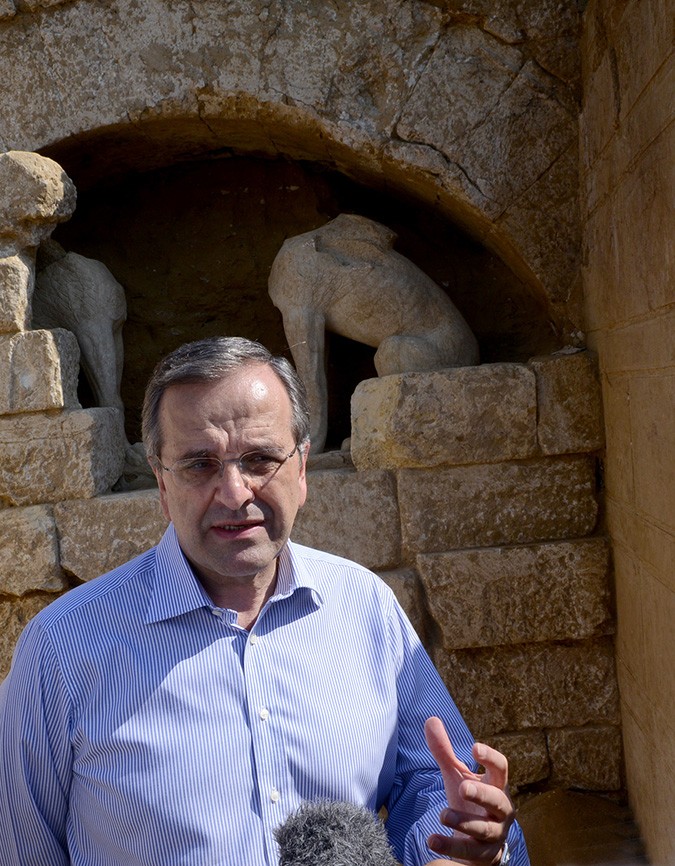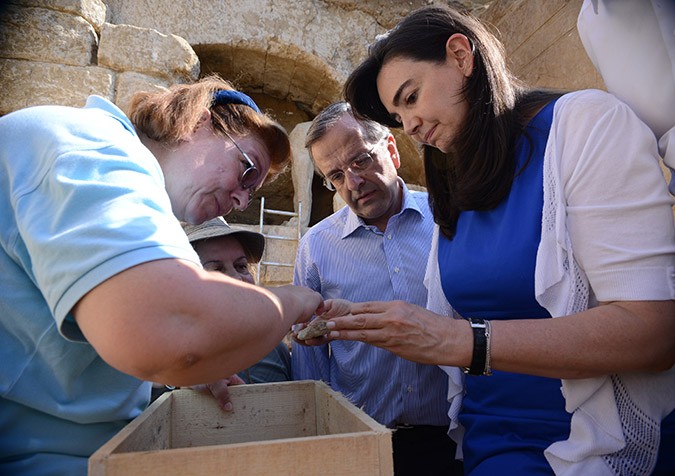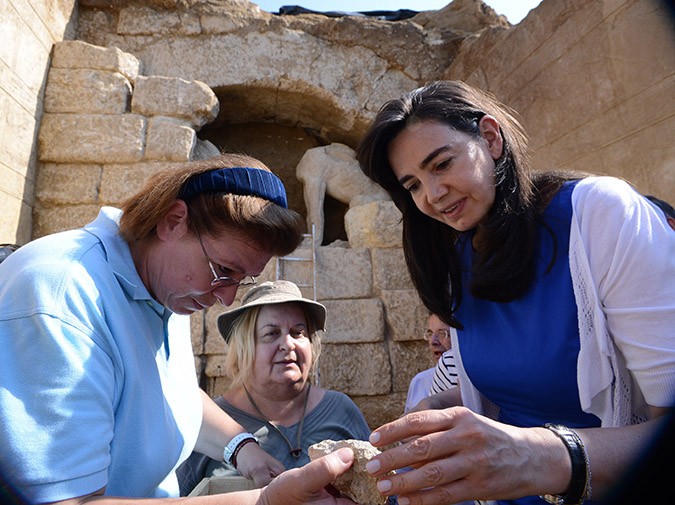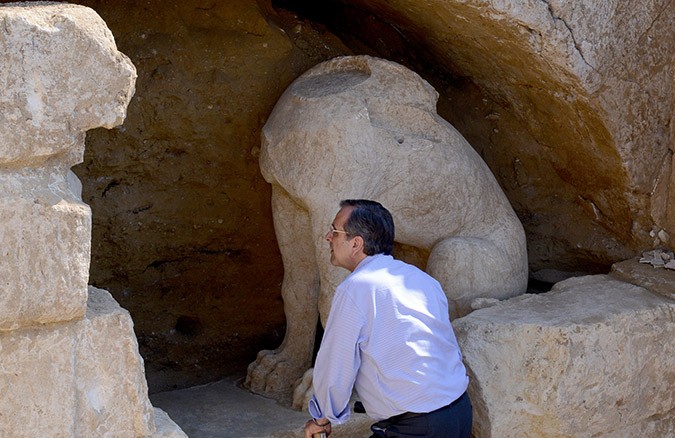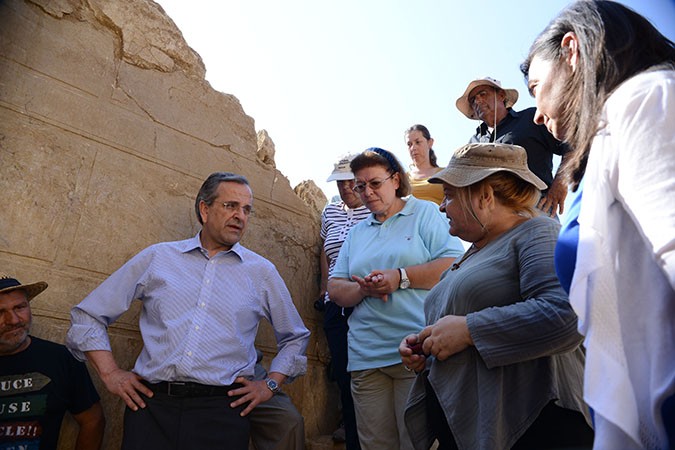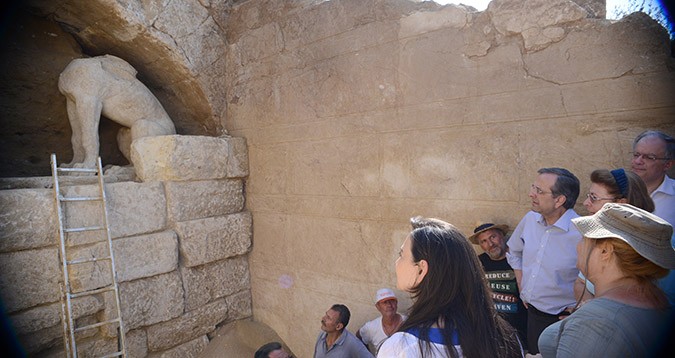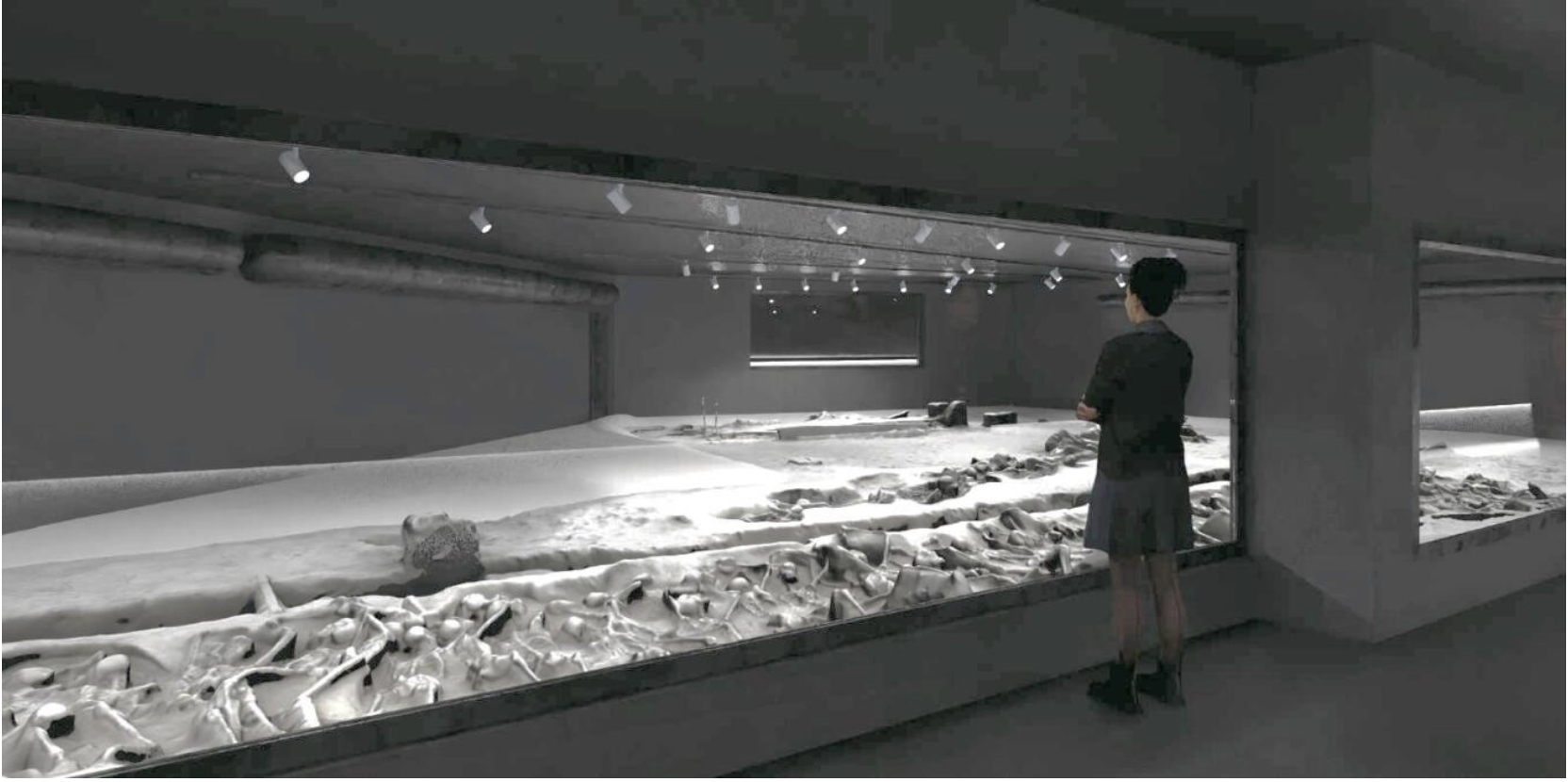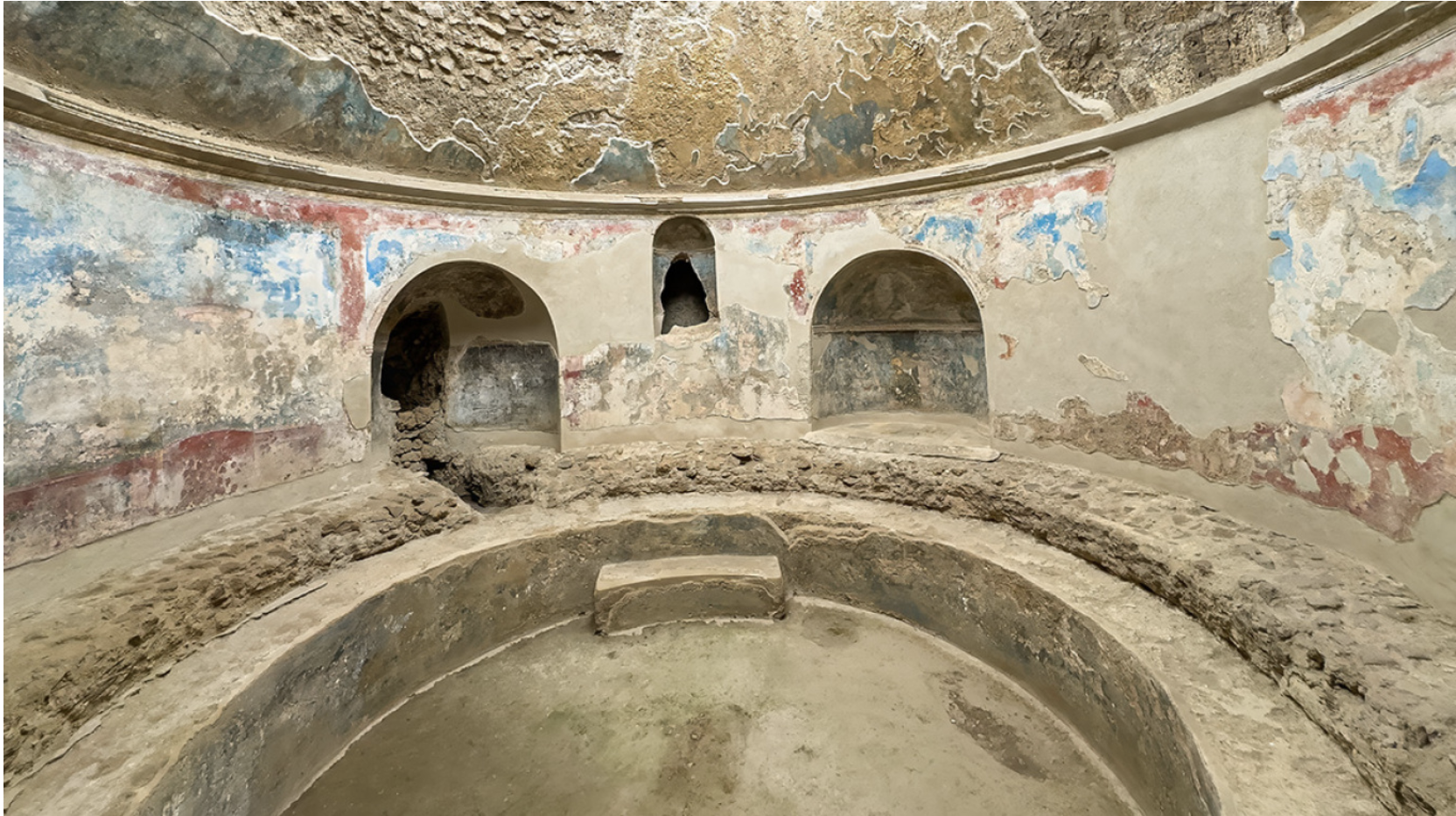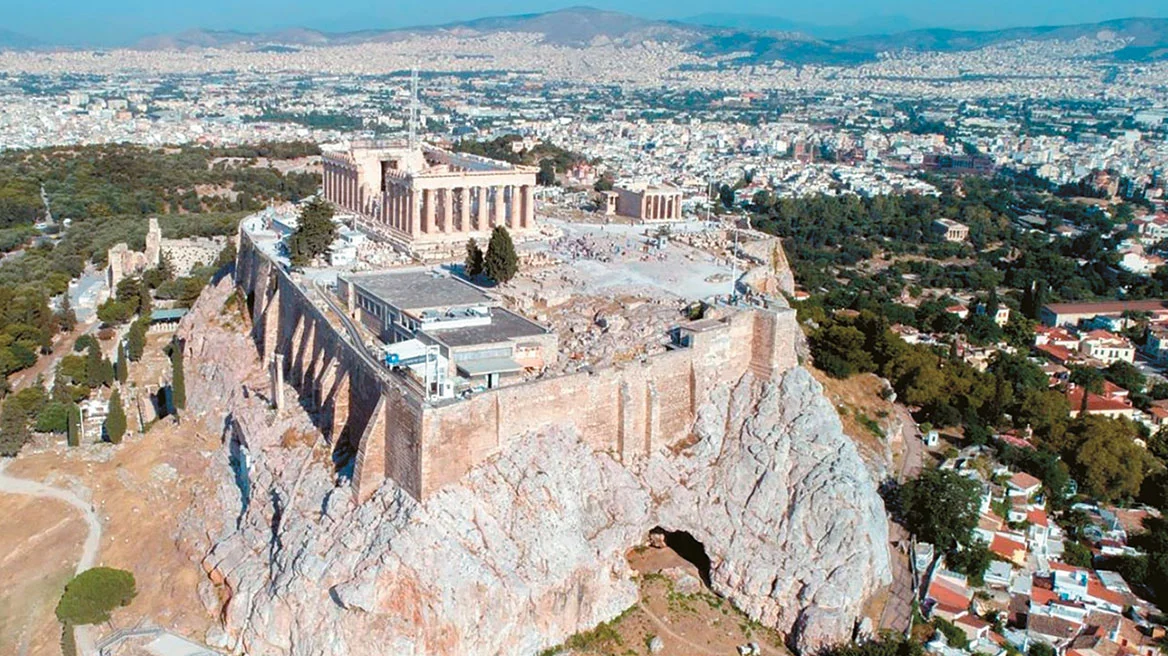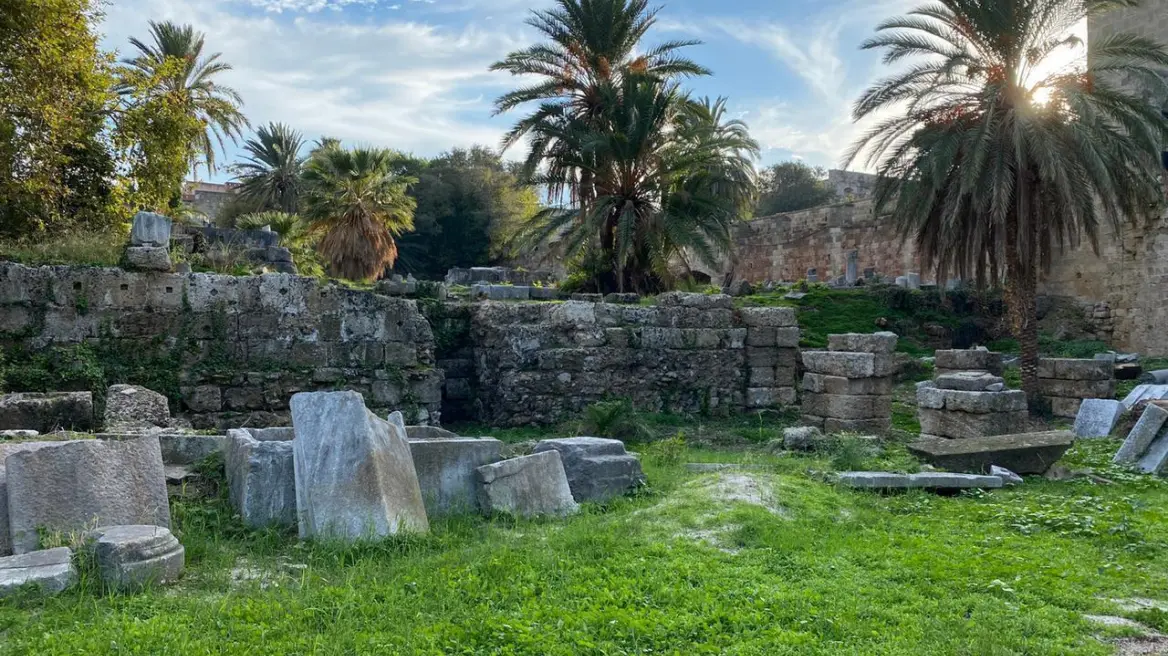The archaeological finds of the tomb of Amphipolis have caused a great interest worldwide while many international media, such as BBC, Time, The Guardian, Le Figaro, published extensive articles on the “extremely important” tomb found at Amphipolis, Serres.
The Time magazine says that the findings in the area date from the end of the reign of king Alexander the Great. However, the article notes that it is not possible that the tomb is the grave of Alexander the Great, since he “died in Babylon and was moved to Egypt to be buried in 323 BC”.
The Telegraph newspaper refers to Greek Prime Minister’s statements about a “clearly extremely significant discovery”, but also those made by the archaeologist Katerina Peristeri regarding the data that lead to the conclusion that the tomb dates from the era of Alexander the Great.
German media also refer to the important discovery by saying that “The Greeks are hoping that they have found the grave of a member of the family of Alexander the Great. Prime Minister Antonis Samaras visited the site and spoke of a very significant discovery”.
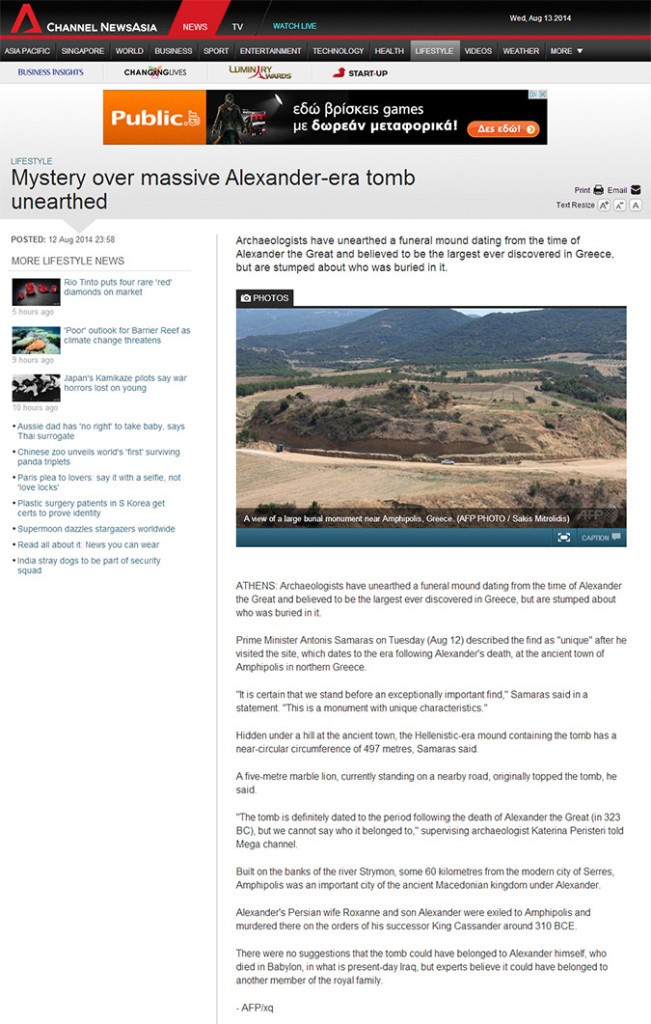
“The grave will be opened during the upcoming two weeks,” says U.S. network Nbc News and pointed out that the site is guarded by police while referring also to the two Sphinxes, mythical creatures that combine characteristics of human, bird and lion, that were found.
Also, Reuters and Washington Post mention the Macedonian tomb discovered by archaeologists in Amphipolis as well as the visit of Prime Minister Antonis Samaras to the site.
Other media worldwide refer also to this great discovery such as Business Insider which published an extensive article entitled ” There’s A Lot Of People Speculating That Alexander The Great’s Tomb May Have Been Found”, as well as Indian websites which talk about the mystery around that archaeological discovery.
Moreover, FYROM media show a great interest on the issue and refer to the statements made by Greek Prime Minister Antonis Samaras and Agelioforos article which talks about significant findings in Greece which verify that Macedonia is Greek.
Ask me anything
Explore related questions
